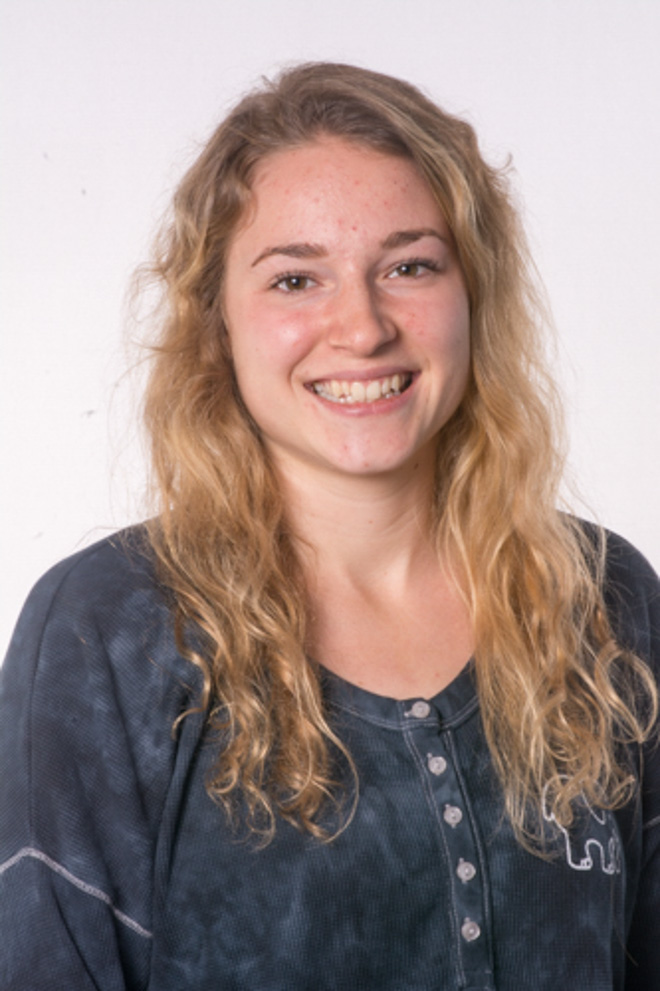The thrill of game day pulls all of us in. It brings fans, players, coaches and aspiring young athletes together in one facility. And believe me, it truly is incredible, especially alongside teammates and coaches that you love. There’s beauty and uniqueness in the amount of people that are brought together through sport; there’s nothing quite like it.
However, there’s a lot more to an athlete behind the number of pushups they can do, their season stats and team record. Unfortunately, as much as our brain is our biggest asset, it is the most underappreciated and taken for granted. Even today, a sense of strength has been defined by how much we can handle or how much our minds and bodies can take at a time. More often than not, athletes themselves believe this myth. We’re told not to drink alcohol or take drugs, yet there is an even stronger drug that we are all familiar with, and that is expectation.
Whether it is battling injuries, family deaths or other struggles, expectation haunts us all. Our game face is expected to always be on. This week, I hope to show that your strength can thrive from what you may feel is your biggest weakness. Stanford students strive to not only make impact on their university but to change the world. This is our mission, meet Cardinal RHED:
At Stanford, there has been incredible push to change these circumstances. Cardinal RHED (Resilience, Health and Emotional Development) is a student run sub-committee of SAAC (Student Athlete Advisory Committee) on campus. Joining this team of incredible individuals with motives and passions beyond their years was one of the best decisions I have made in my two short years at Stanford.
When I was a kid, one of my favorite movies was The Santa Clause. One of the main characters, Charlie, is a 6-year-old boy, whose father ends up becoming Santa Clause completely by accident. Many adults tried to prove Charlie wrong by asking him if he “had ever seen a reindeer fly.” When Charlie answers that he has, the adult’s response is “well I haven’t.” My favorite part of this scene is Charlie’s final response: “Have you ever seen a million dollars? Probably not, but that doesn’t mean it doesn’t exist.” An athlete’s mental health is not visible unless they make it visible, unless they scribe it across a million dollars cash and show it to you, which is about as difficult as it is made to seem. In attempts to comply, they often tear themselves down, and only in tragedy do their stories become heard. These are the stories we reply to on Twitter about how sorry we are or how unfortunate the circumstances are. We lose individuals every single day because the most anyone wants to contribute to one of the leading causes of death worldwide is a tweet or an Instagram post.
Each September, there is an event on campus called FACES. FACES is one of the most defining and inspiring events during freshmen orientation. It is a beautiful celebration of the life and struggles of Stanford students as they get up and share their stories to the incoming freshman class. Last year, for the first time, GameFACES became a public event and on its debut night drew hundreds of people, who came to hear the voices of Stanford student athletes. Hannah Levy, Cardinal RHED lead and SAAC executive member, put it like this:
“Given the nature of sports performance, athletes are recognized to push through pain, be extremely tough, gritty and physically apt. Because of this conception of a ‘typical athlete,’ there is an imbalance of attention and resources placed on the physical health, state, ability and growth of an athlete over their mental health, state, ability and growth. GameFACES is an opportunity to actually strip off one’s ‘game face’ and accept that it’s okay not to be okay. Collaborating with the DGen office and making this event open to the public allows for these messages, stories and experiences to not exist within the vacuum of athletics and aid in fostering a supportive and wholistic community setting for growth.”
Last year, at this time, watching this event brought me to tears. I remember every story that was told and the incredible bravery displayed in only a few hours. This year, join me and the Cardinal RHED team on April 17th, 2018 on Meier Green at 7:30 pm to hear the beauty in resilience, health and emotional development. Stanford’s own student athletes, including myself, will share their journey and show that “mental game takes practice too.”
Contact Mikaela Brewer at mbrewer8 ‘at’ stanford.edu
